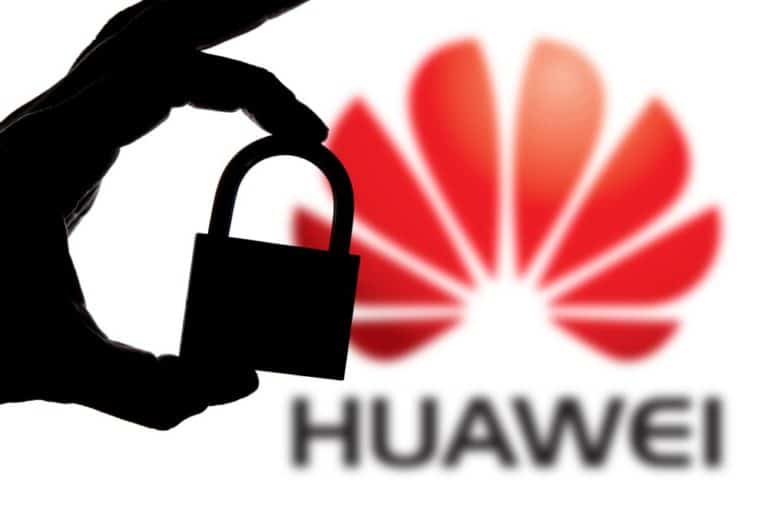The U.S. Senate has received a bill prohibiting the sale and purchase of U.S. patents by Huawei. The US has been afraid for years that equipment from the Chinese manufacturer could be misused by the Chinese government for espionage.
If the bill is passed, the government will be able to prohibit blacklisted companies from buying, selling or obtaining an exclusive license for U.S. patents. That’s what The Wall Street Journal, which has seen a draft text, says.
Huawei has been on the US blacklist since the end of May, which means that the company was no longer allowed to trade with US organisations either. Exceptions are now being made by the government. U.S. companies can be licensed to do business with Huawei, provided there is no threat to national security.
The law’s sponsors, Republican Senators Marco Rubio and John Cornyn, now claim that their bill is specifically aimed at Huawei. The Chinese manufacturer would aggressively pursue patent claims.
Lawsuits
The new law will allow the government to intervene further in domestic patent infringement lawsuits if a blacklisted company is involved. If a case is filed, the company must inform the Ministry of Justice and the Patent and Trademark Office of the new law.
An organization must also provide information about the claimed violation, as well as the financial implications and damages that are claimed.
This is important as Huawei has been trying to force Verizon Communications to pay licence fees for more than two hundred patents since it was blacklisted. Most of those patents are related to 5G. In addition, the company would threaten to increase the royalties for American companies that depend on its patents.
All this is seen as retaliation for the measures taken by the US government against the Chinese manufacturer. With the bill, the Senate could intervene.
This news article was automatically translated from Dutch to give Techzine.eu a head start. All news articles after September 1, 2019 are written in native English and NOT translated. All our background stories are written in native English as well. For more information read our launch article.